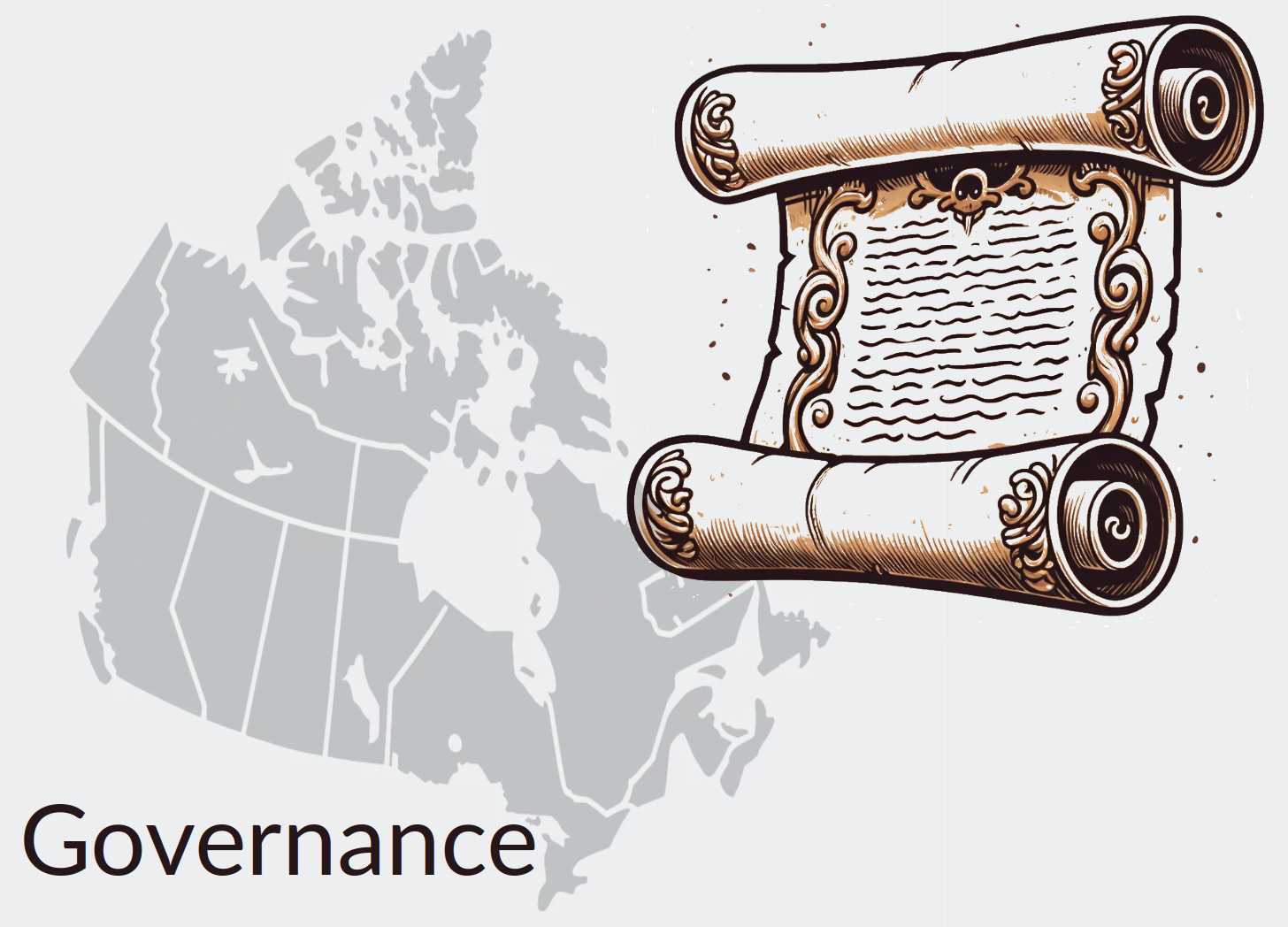Should We All Enjoy Equal Representation?
My recent post “Is Canada's Federation Fair?” raised questions about the relationship between contributions to the public good and political representation. That post focused on the disconnect between Alberta’s financial assistance to the rest of the country in the form of equalization payments vs their inability to push back against attacks on their natural resource extraction efforts. Should greater contributions come with stronger representation?
But couldn’t messing with the delicate balance risk tearing at our social fabric? Isn’t Canada’s democracy built on the bedrock principle of one vote per citizen?
The short answer is “no”. And the long answer is “noooooooooooooooo”.
By design or by accident, there are already many examples of weighted representation or special treatment, including:
Quebec’s guaranteed minimum number of seats in the House of Commons (currently 78 out of 338).
Rural ridings often have fewer people than urban ones, meaning rural voters effectively have more per-capita influence. For example, a riding like Nunavut (population ~40,000) gets the same single MP as a Toronto riding with over 100,000 people.
The Senate’s regional setup also overweights smaller provinces, thereby diluting urban influence.
Section 35 of the Constitution Act, 1982 gives Indigenous groups a legal basis to assert influence over policies affecting their lands, governance, and rights, often through consultation processes that go beyond what’s required for non-Indigenous citizens.
Tribal councils often play a role in negotiating with federal or provincial governments on issues like resource development, education, or health care.
The Supreme Court of Canada has ruled (e.g., Haida Nation v. British Columbia, 2004) that governments have a "duty to consult" Indigenous groups before making decisions that could affect their rights or territories.
Francophones have stronger representation in the federal public service due to official bilingualism policies, even in provinces where French is not widely spoken.
While not legally mandated, the expectation that certain positions (e.g., Supreme Court judges, Governor General) have French-speaking representation means Quebec often has a stronger voice in these institutions.
Catholic school boards receive full public funding, just like secular public boards, but they maintain a distinct religious identity. Unlike other religious or cultural groups, Catholic schools can prioritize Catholic students, hire teachers aligned with Catholic values, and weave religious education into the curriculum.
Most of those examples came to exist as a result of rational historical considerations - many of which are still relevant today. But they all demonstrate how Canadians are already willing to live with considerable systemic inequalities in the service of some greater goal.
There may indeed be perfectly sound political and legal impediments preventing us granting enhanced representation to special interests (like Alberta). But I don’t see how anyone can claim that the very idea is a “threat to our democracy”.



Good to shine a light on this. Keep going!
The west isn’t getting a fair shake.
I used to be ambivalent about our bilingual policies, but more and more I see the harm. It’s a clever tool to keep QC Francophones over represented in the federal civil service, and this might explain some of the unequal allocation of resources. And with QC now aggressively being unilingual it’s time to rethink the cost.
Back to the west getting the shaft: occurs a lot on infrastructure funding even ignoring equalization payments. For one example:
BC taxpayers had to foot the bill entirely for the Port Mann bridge replacement for the trans Canada highway over the Fraser River. In contrast the federal government picked up the entire bill for the Samuel de Champlain bridge corridor project… because QC. Both were ~ $4B projects.
It’s not just AB being screwed by Ottawa.
Another fine example of skewed democracy is the province of PEI where four MPs (Constitutionally enshrined) represent a total population of 179,000 or 44,750 per MP. Alberta with 37 MPs and a population of 4,866,000 enjoys 1/3 of that representation at 131,514 per MP. As economic power shifts westward in the deranged dominion, the unnatural alliance that is confederation becomes more apparent and fragile.